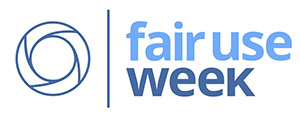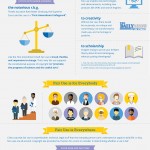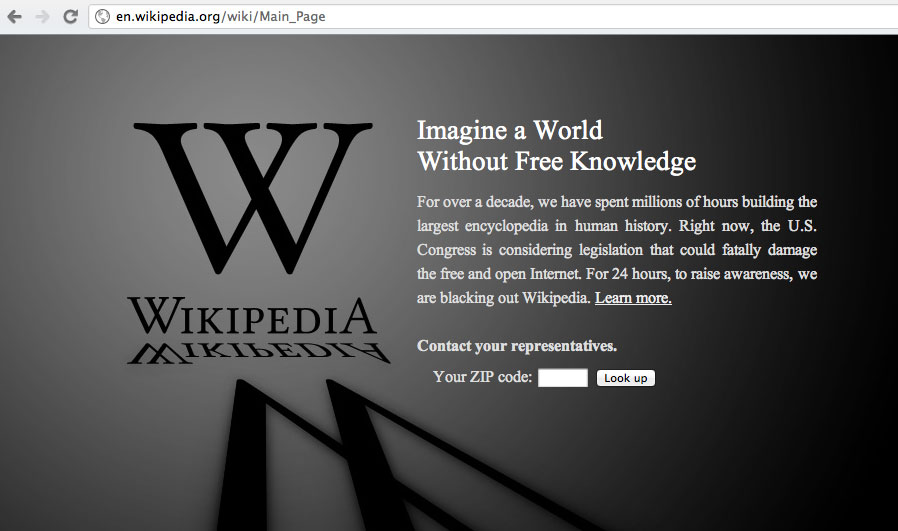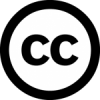February 22-26 is Fair Use Week!

This week marks the third annual celebration of Fair Use Week—an opportunity for libraries and other advocates to highlight the importance of fair use as a limitation to copyright law. The doctrine of fair use (or fair dealing, as it is known in some other countries) allows for the use of copyrighted materials without permission from the copyright holder. It’s been in the news quite a bit lately, with both the HathiTrust and Google Book Search digitization projects being determined to be fair use, but it’s a part of regular, everyday life as well. Fair use is something worth celebrating!
Do you have a question about fair use, or anything else about copyright? Get in touch with me at h.corbett@neu.edu.
Fair Use Week on Social Media
- Twitter: We’ll be tweeting all week at @Snell_Research about fair use, and you can follow the Fair Use Week account and #fairuseweek2016 as well
- Tumblr: Check out the Fair Use Week Tumblr for stories about fair use (and contribute your own!)
- Blogs: The Fair Use Week blog will be active all week, and Harvard University Library’s copyright blog is going to have guest-authored blog posts all week
Fair Use Infographic
The Association for Research Libraries has updated their infographic about fair use from last year. The new one, Fair Use in a Day in the Life of a College Student (PDF), is specifically about college students and fair use, and it’s really interesting—students encounter examples of fair use in way more places than in class…like while they’re watching TV, taking a selfie, or enjoying fanfic.


 Next time you’re writing a paper, putting together a presentation, uploading a video to YouTube, or updating your website, why not tell your audience that you’ve decided to expand access to your work?
Next time you’re writing a paper, putting together a presentation, uploading a video to YouTube, or updating your website, why not tell your audience that you’ve decided to expand access to your work?